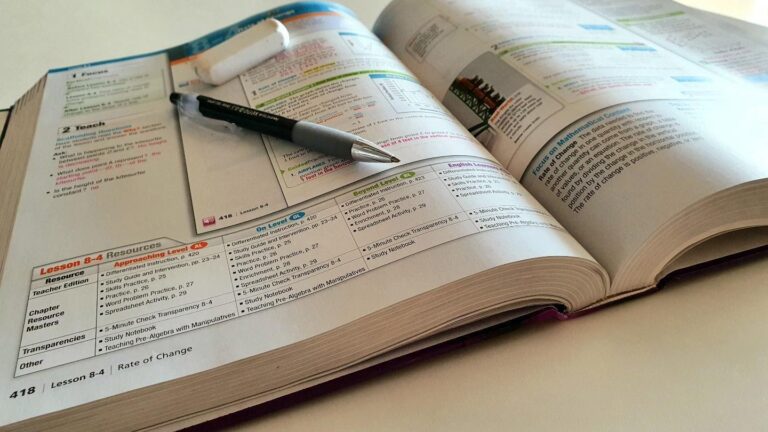The pandemic has hit hard on numerous areas of our society, however, we are just barely toward the beginning of this emergency and there is considerably more to come before we are out of disaster. Owing to this crisis, the education industry has been chaotic and certain schools have decided to close or just to restrict the number of students. To resolve this situation, education policymakers in the world are working with distance learning arrangements and safe school returning, certainly contemplating how the pandemic affects education in the longer term. Here are few different ways COVID-19 is likely to shape the fate of education.
- Shift to Online Education
As we had to navigate this world through, we have discovered solace in online meetings while being separated; this has assisted the breakthrough of international barriers. With actual distance reduced through the methods of online meetings and video calls, technology has allowed us to interact with others from all over the world. There are no digital limits and where learning was only done in face-to-face classes, present-day schools can draw in experts across the globe to improve the education quality and inspire their students with new and fascinating ideas.
- Redefining the role of the educators
The idea that teachers act as the information holders who give knowledge to their students does not fit with the method of 21st-century education. With students being able to access information in various ways and learn a technical skill through a couple of clicks on their phones, tablets, and PCs, we should redefine the job of the teacher in the school. This may imply that the part of teachers should move towards working with students’ improvement as contributing members of our society.
- Acceleration of Learning inequality
Because of COVID-19, students in numerous nations had no access to any sort of education for quite a long time. Before the pandemic, we were already encountering a learning emergency that is probably going to be made more extreme by delayed school terminations. After the pandemic, these learning inequalities would get worse because many of the learning processes are going to change from offline to online. For instance, students who don’t have electronic devices for online classes won’t even be able to take the class.
In this chaotic situation, the education sector has found our solution from online classes and most of the schools are shifting to online from offline. As we continued with our online classes for more than a year, the education sector saw lots of benefits such as the availability of classes in any place and new information from online classes. However, these kinds of benefits of online classes were only limited to the people who can actually take the online classes, but the people who can’t take the online classes had not experienced any kinds of education since the beginning of the pandemic. So the government would have to take action to improve this condition and utilize the benefits of online classes well.
By: Jaehyun Lee


